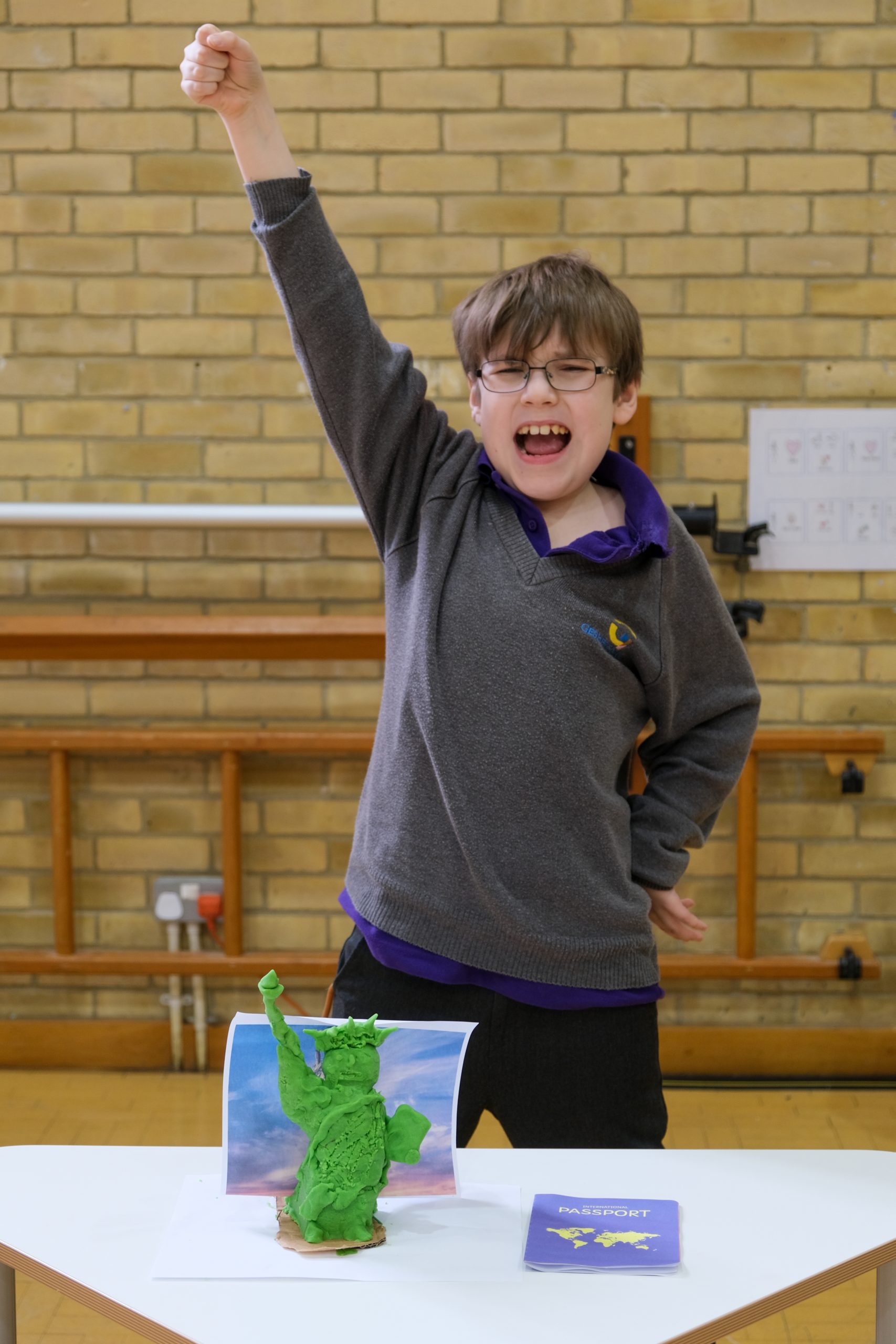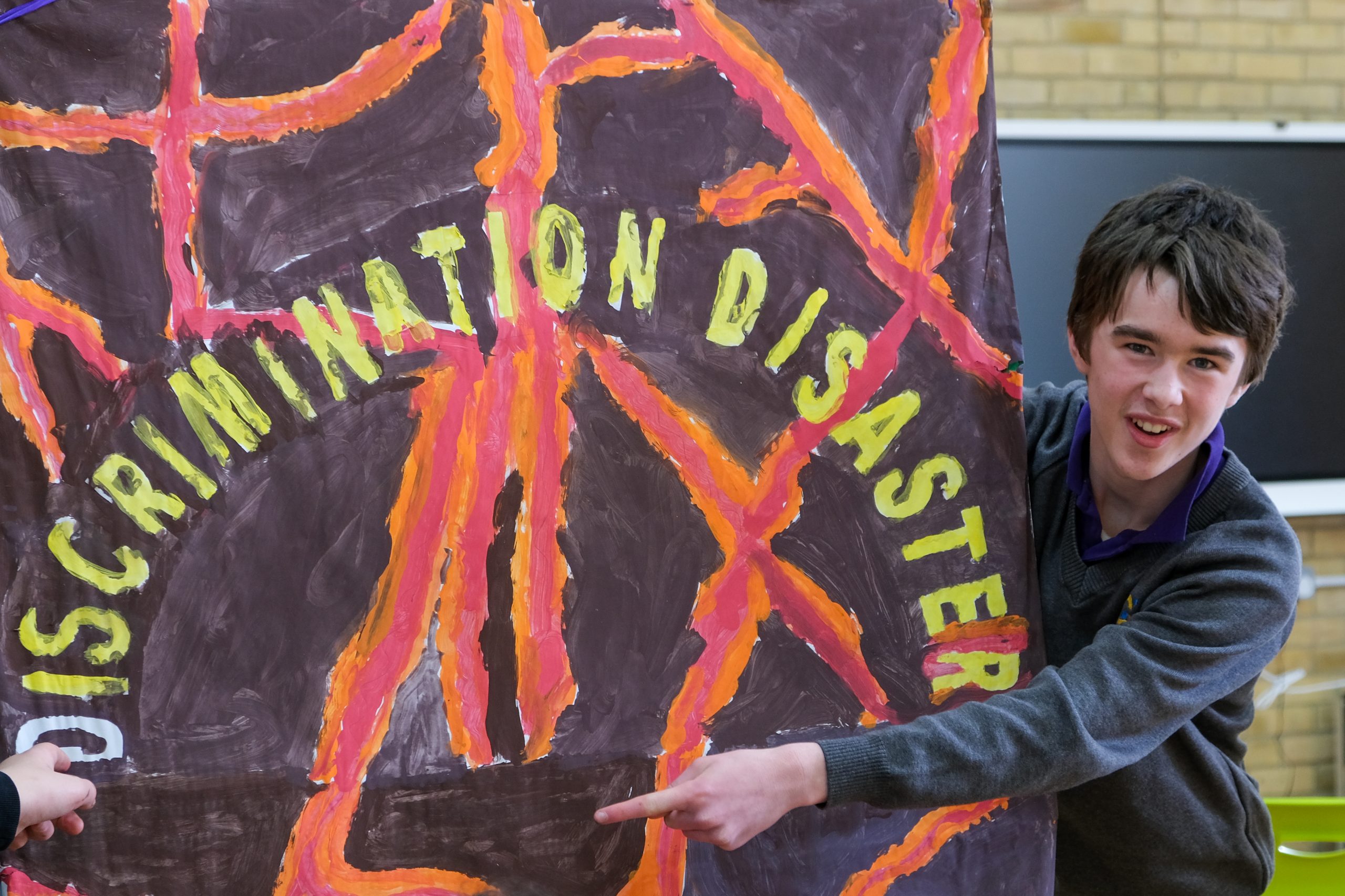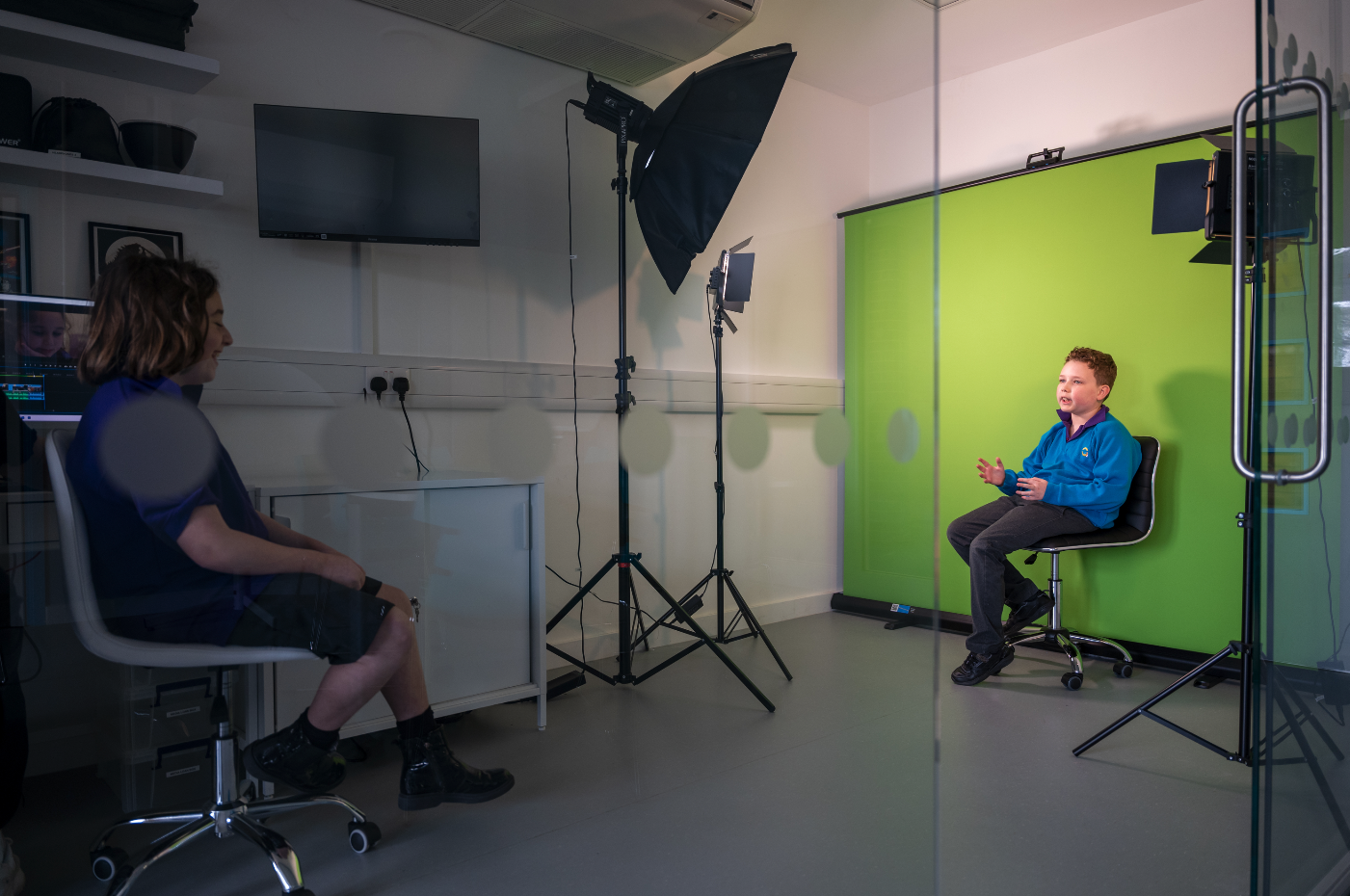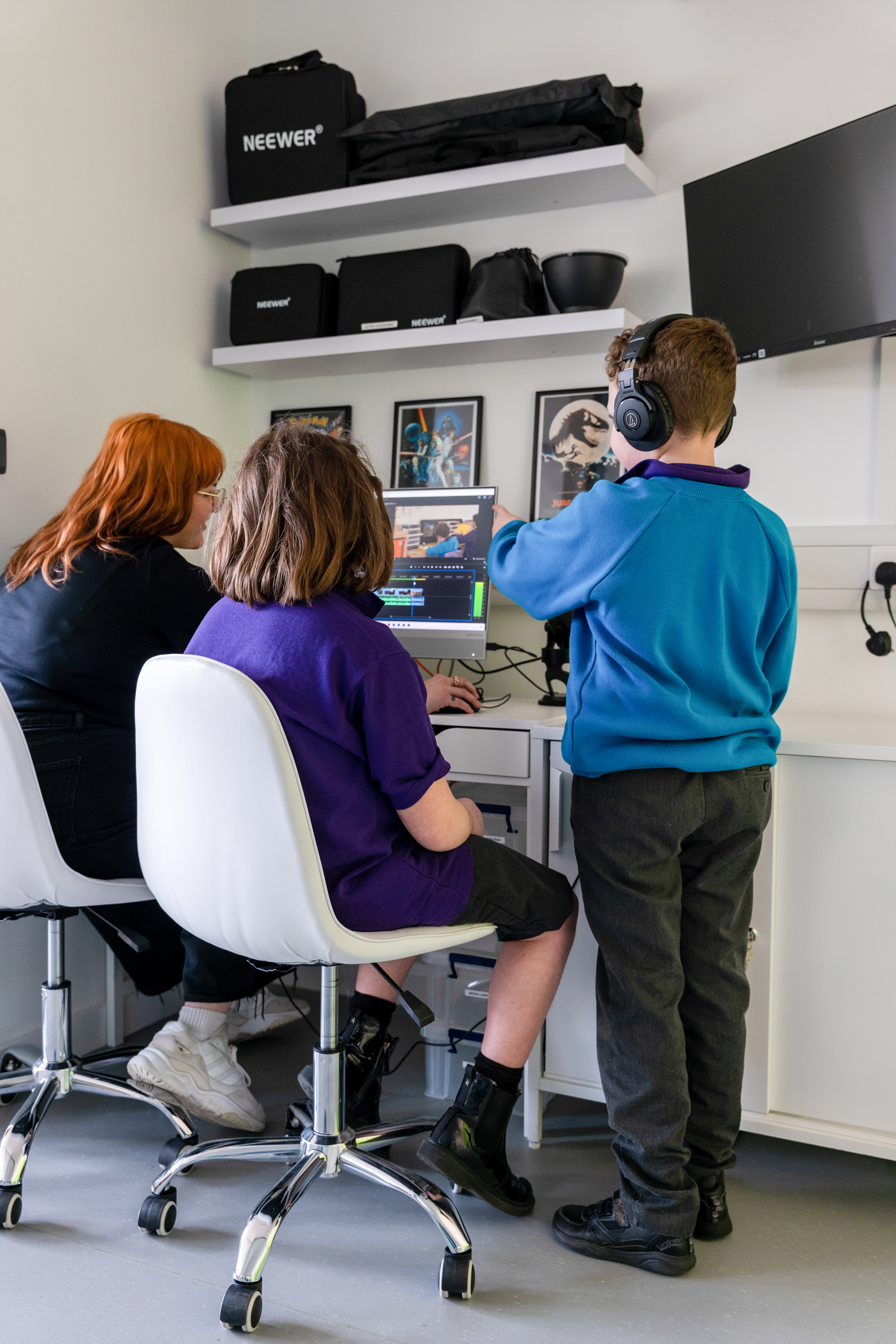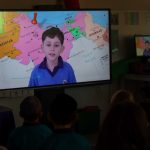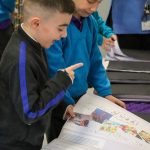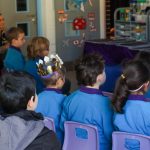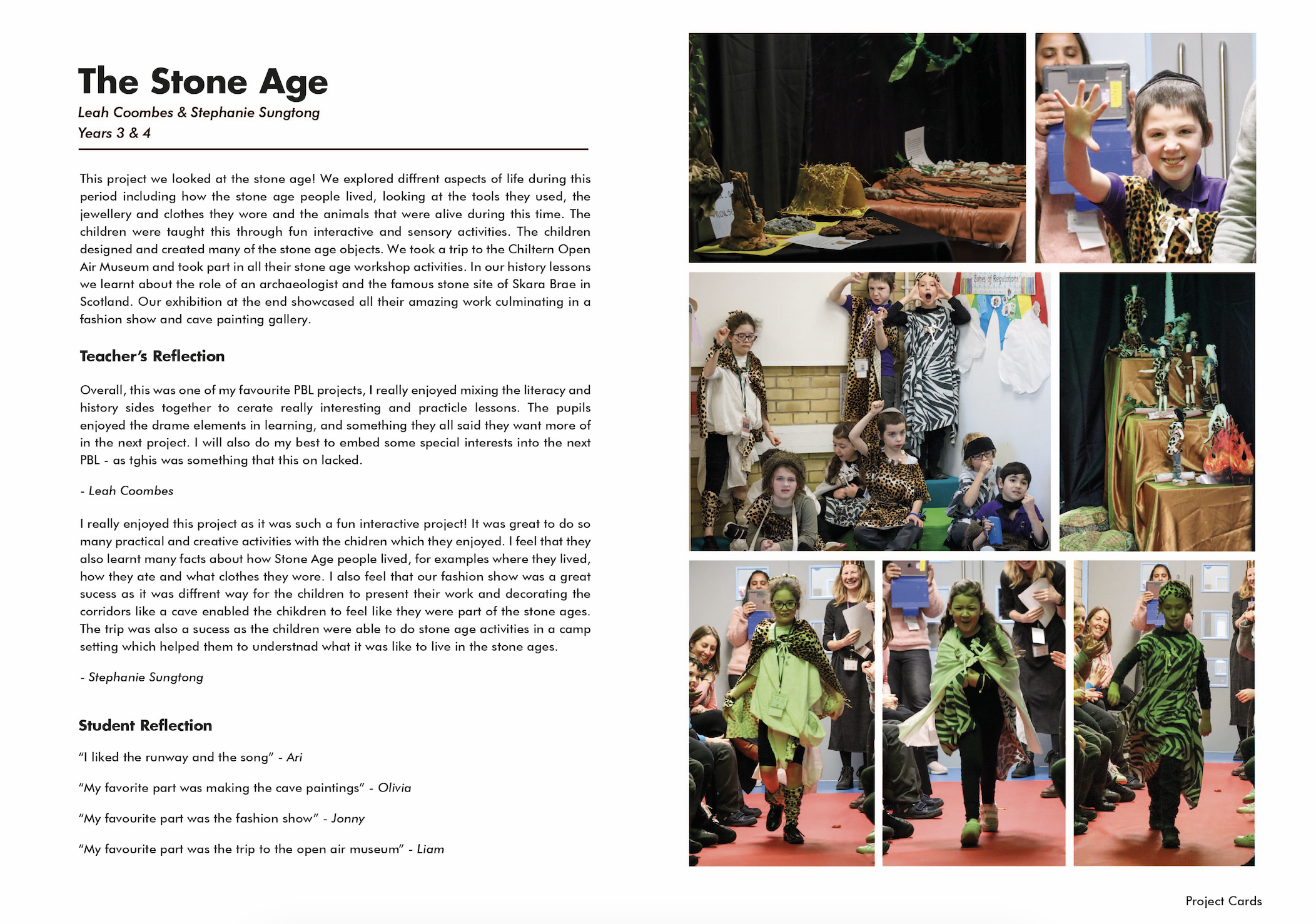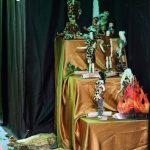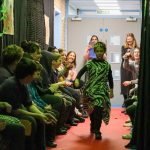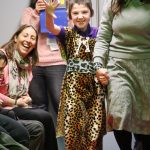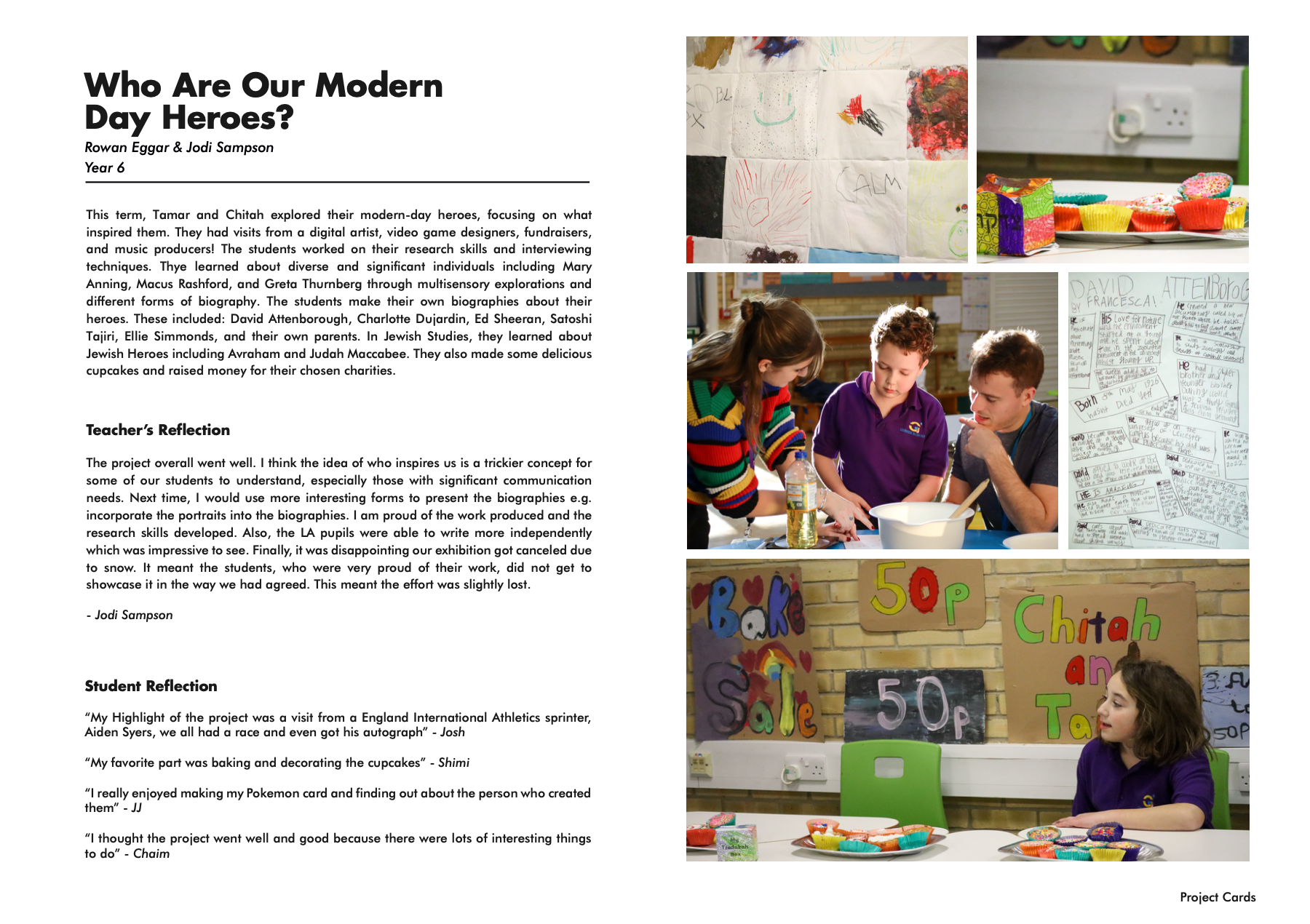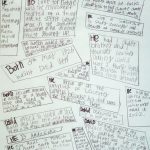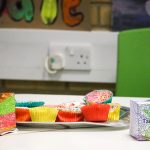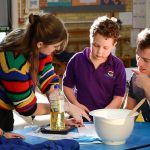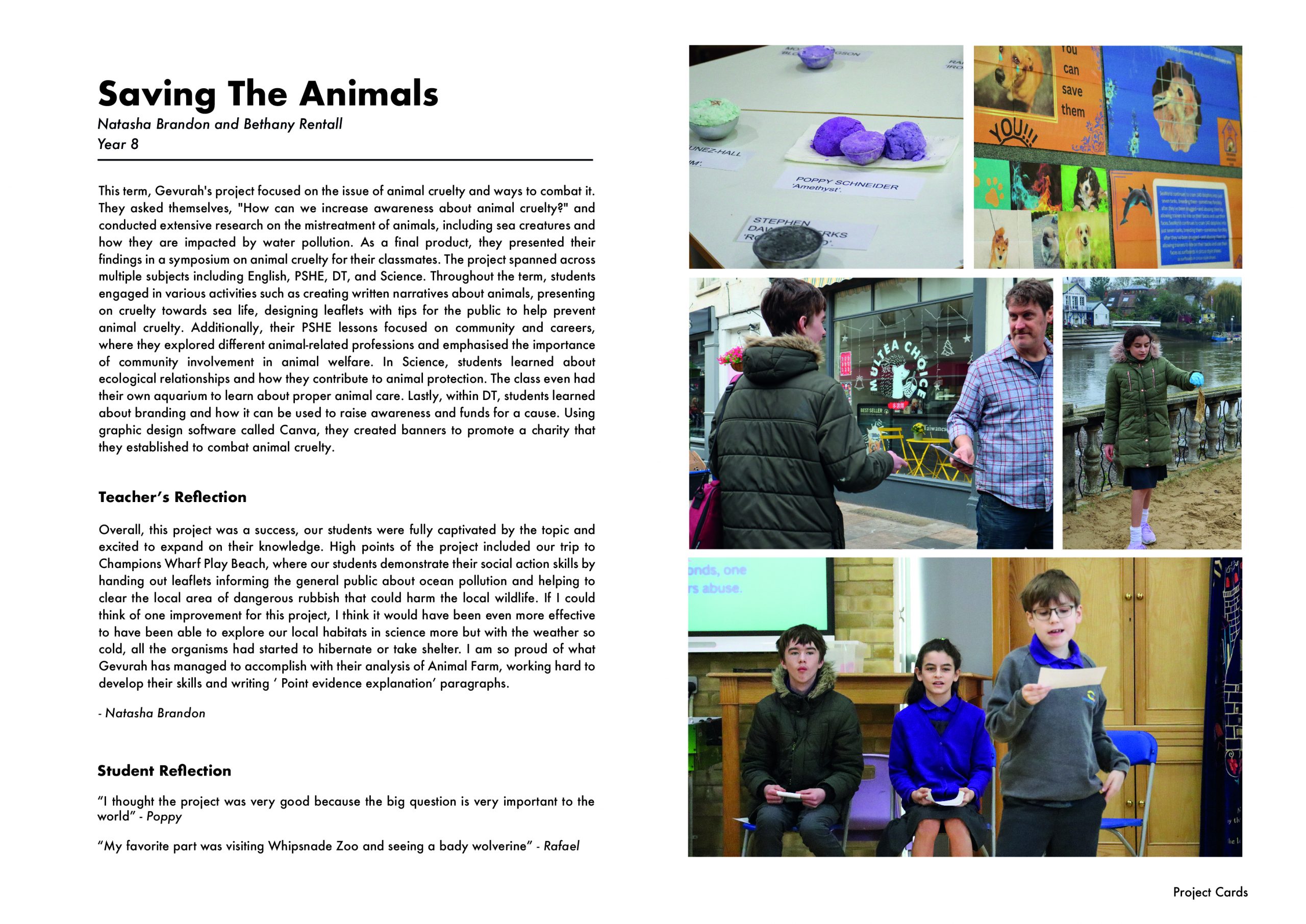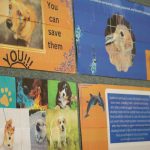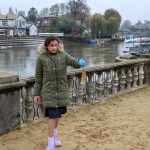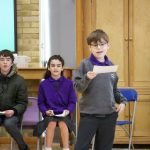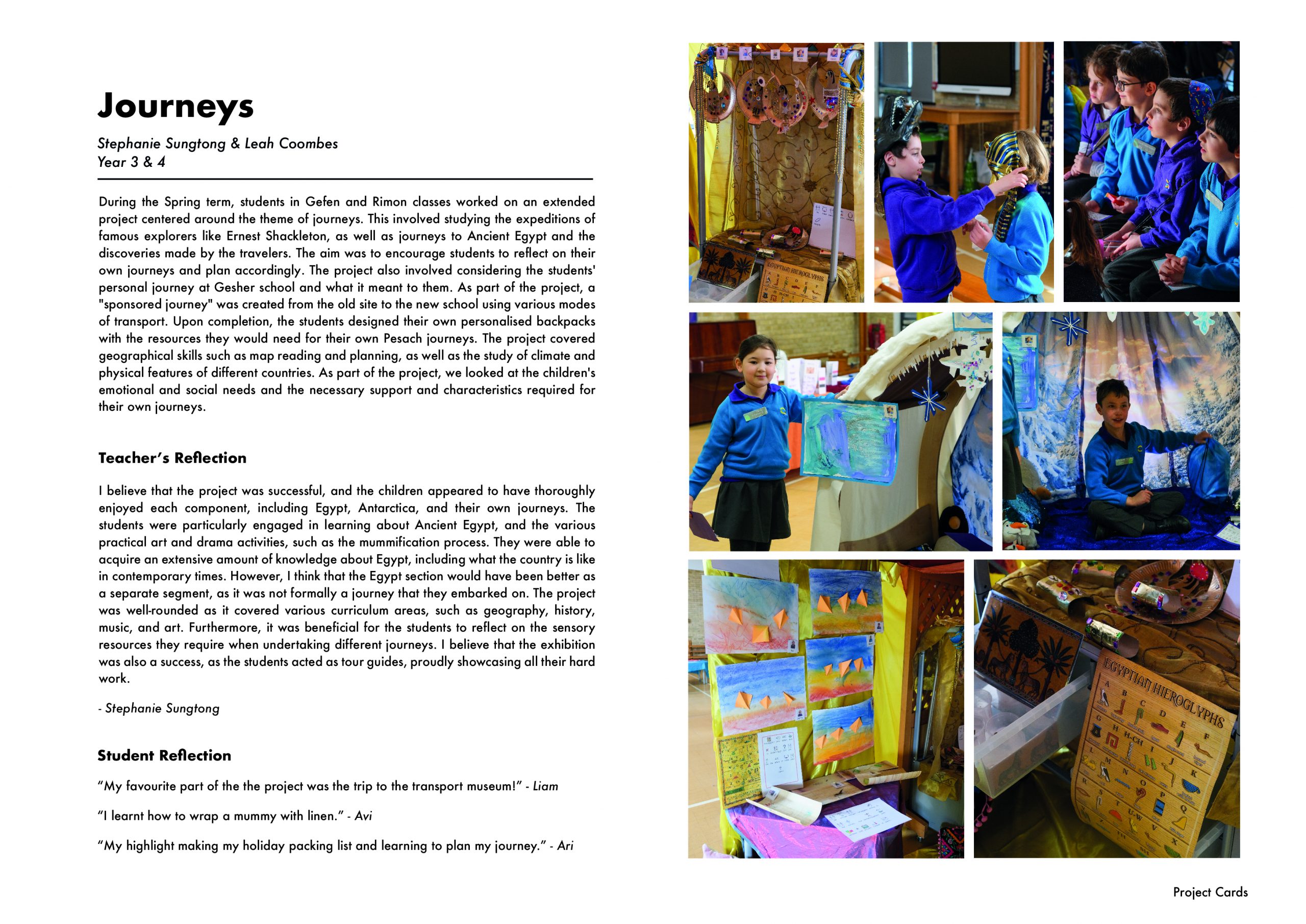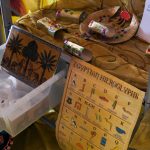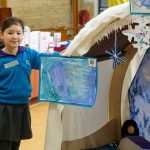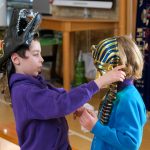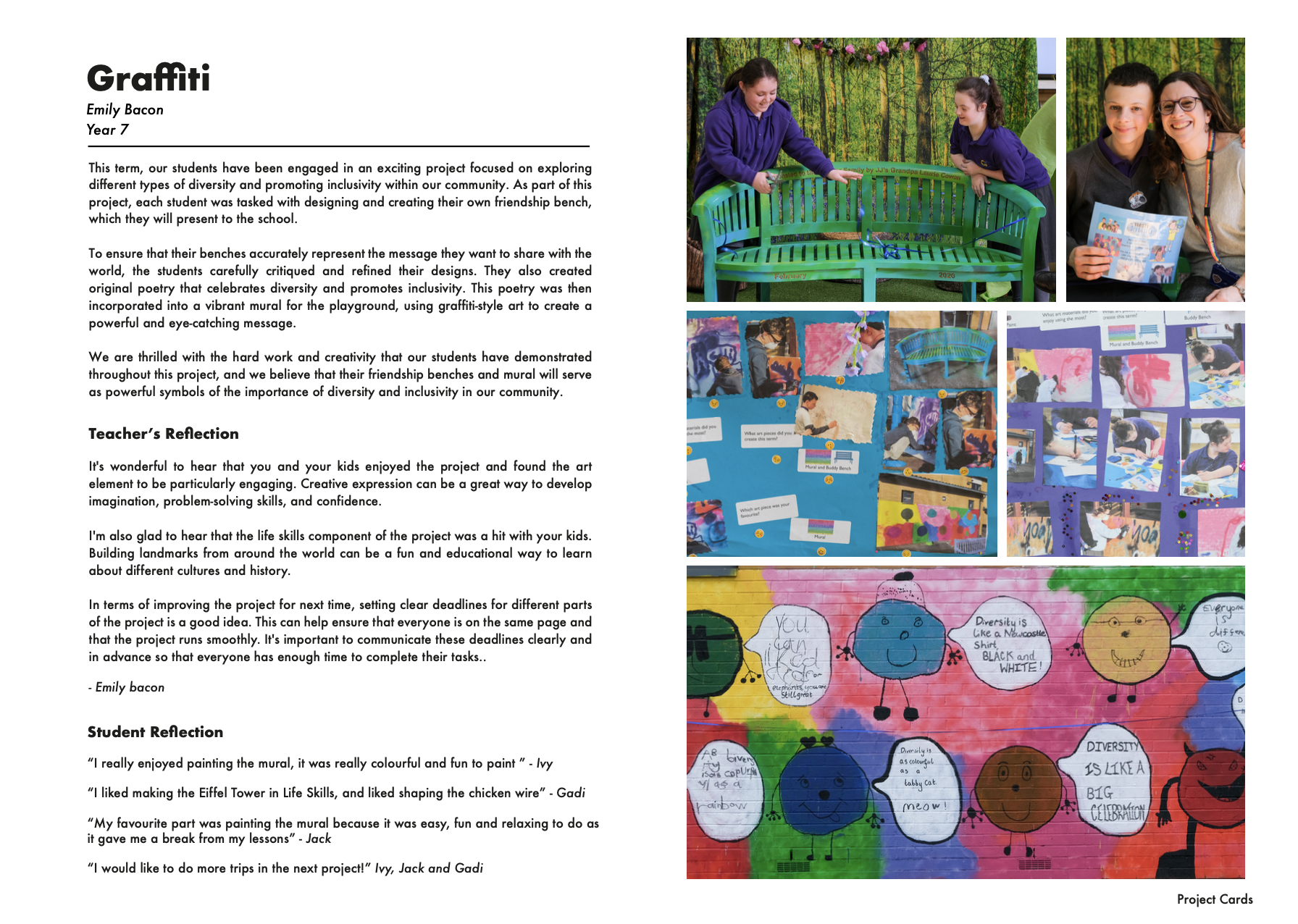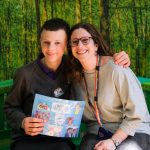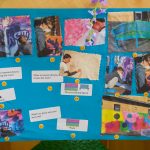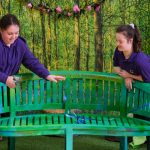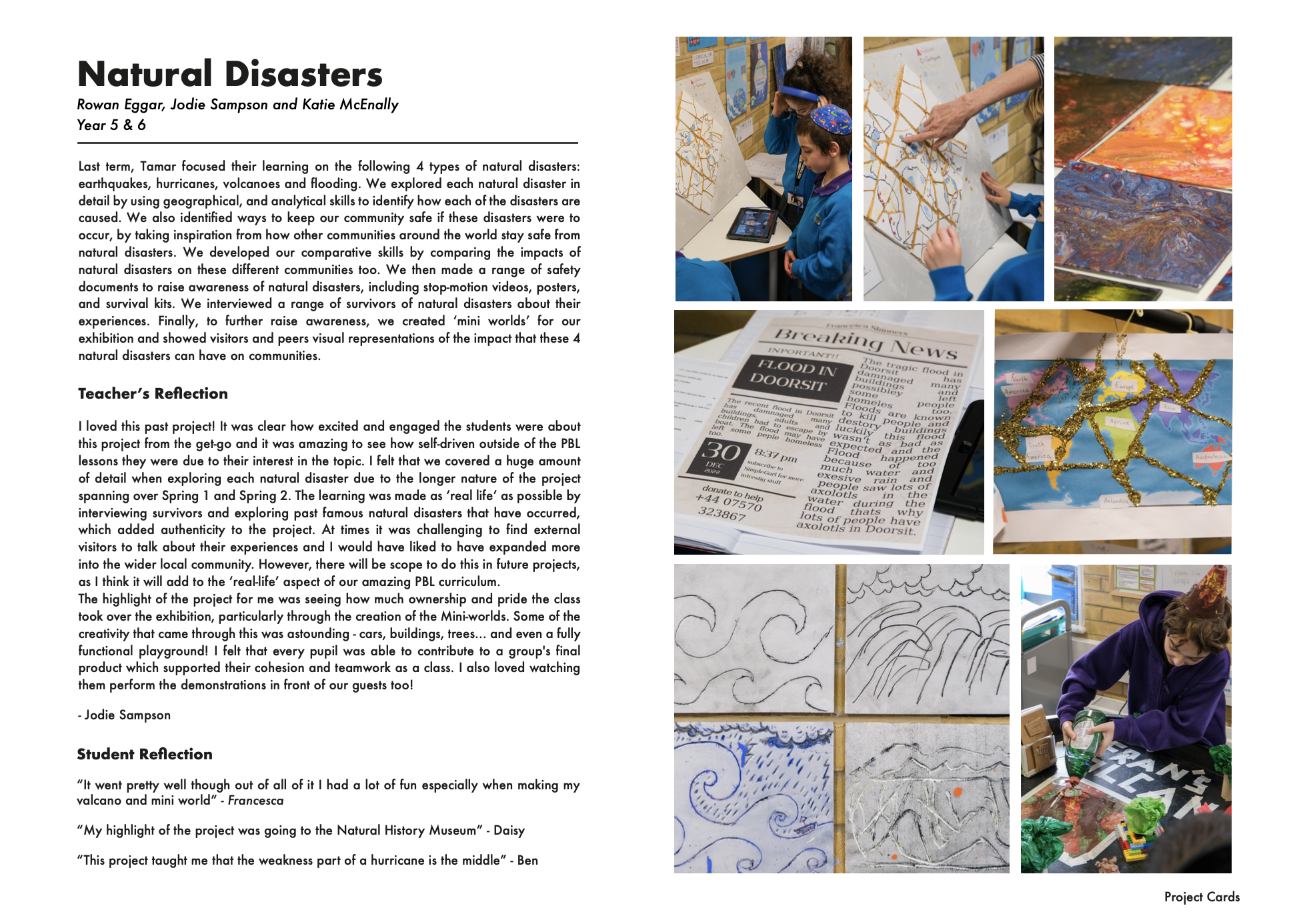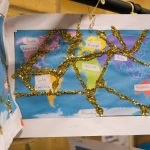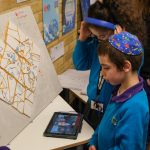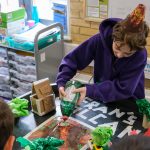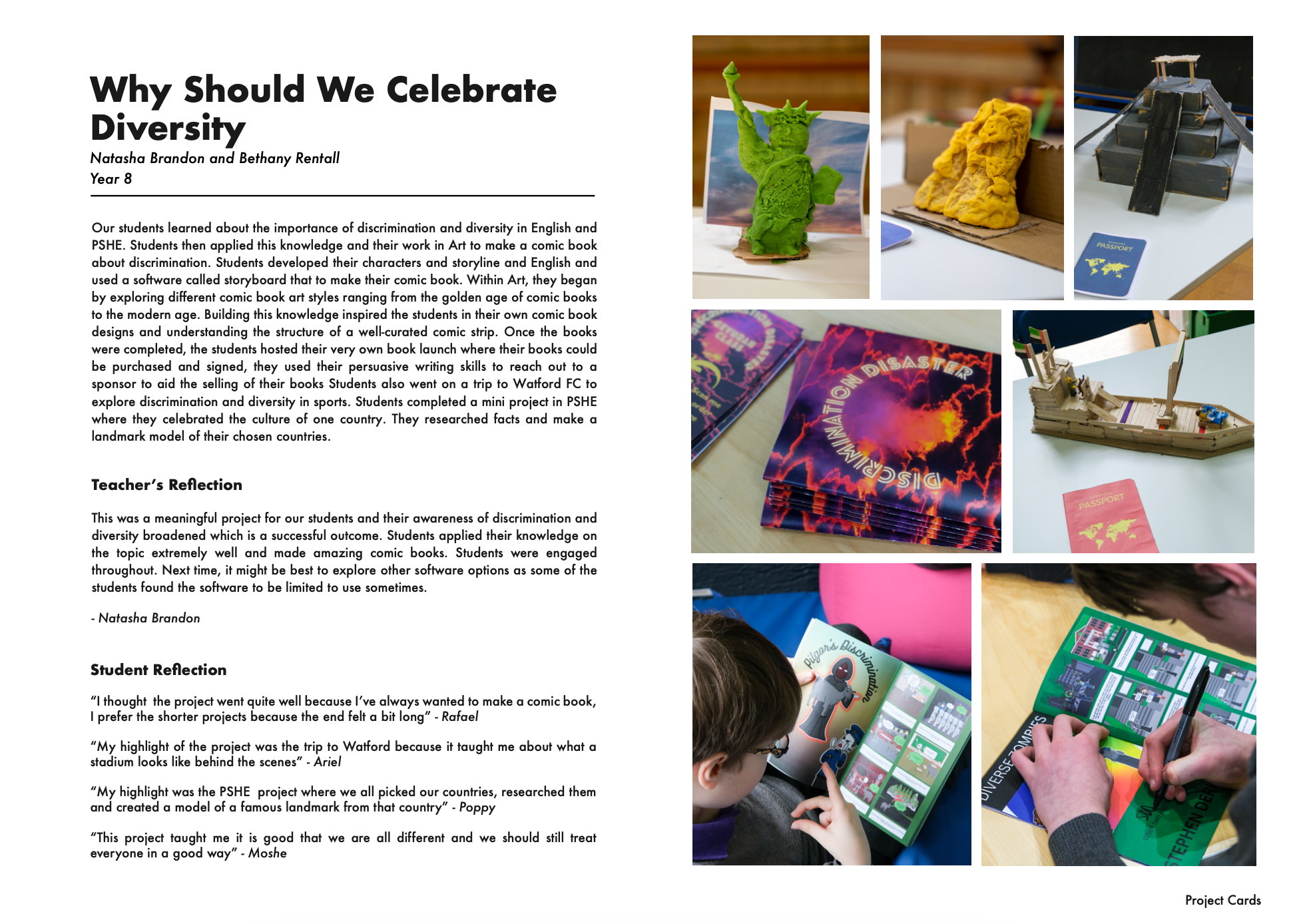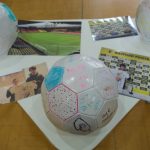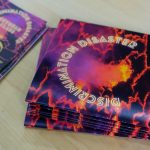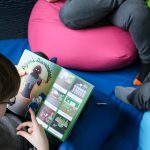Three Big Ideas for Assessment for Schools Hoping to Do Better
Julie Temperley
1. Agree together the outcomes you value most for your learners (the knowledge, skills, values and characteristics). Which of these do you currently assess well?
Some things to try:
Run a whole school enquiry to surface what learning teachers, learners, families, and the wider community consider most important to be able to assess or demonstrate. Knowledge is sure to feature, but so too will skills like problem-solving, and characteristics like confidence and kindness.
Explore together how much time is spent in school on assessing learning that is not congruent with the things that you value. Do you have the balance right?
Co-design with staff, students and stakeholders a learning dashboard that teachers and learners can complete together to track and communicate progress in knowledge, skills and characteristics important to everyone in the school and beyond.
2. Expand the range of assessment tools and methods used in school and grow teachers’ confidence and capability in their use.
Some things to try:
Group assessment – instead of awarding individual marks, teachers and learners agree assessment criteria for group work and, on completion, the whole group gets the same mark. This approach is especially useful in project-based learning, but can be applied to any group-work activity, and encourages the development of skills for collaboration, teamwork and shared responsibility.
Routinely include an element of self-assessment – learners use the same criteria as teachers to “mark” their work, then teachers and learners discuss the differences between their assessments and what might sit behind these.
Mastery learning – learners explore success criteria at the beginning of a unit of learning (perhaps using “exemplar work”) and make as many attempts at some or all of the assessments as they need to, in order to identify gaps in their knowledge and skills. They can then seek help from their peers, teacher or other resources to address the gaps. Learners do not move onto the next unit of learning until they are confident they have mastery and can pass the assessment.
A variation of mastery learning is repeating assessments but with reduced support, where success becomes a learner being able to complete similar tasks over time with an increasing degree of independence.
3. Engage a wider range of people and perspectives in assessment, including learners and their families – and ensure that teachers are all “assessment literate” to lead this.
Some things to try:
Co-design of assessment rubrics and criteria charts – teachers and learners work together to design a rubric that describes success criteria and sets out what good looks like. Rubrics like this are often co-designed on the basis of shared examination of an exemplary piece of work, identifying and agreeing what makes it so good. Rubrics promote learner agency and empowerment by giving learners a sense of control over their learning and how they are being assessed.
Learner portfolios – portfolios and learning passports record learning in a variety of ways, for instance using narrative and photographs and annotated copies of learners’ work to give a clear and detailed perspective on what the learner has achieved and why this is important to them. Recently, digital tools have expanded the range of evidence and examples that can be collected in a portfolio, to include video, audio and presentations, for instance.
Exhibitions of learning – there is a long history of exhibition or performance as a means of making achievement visible and assessing it. Art exhibitions, drama or music performances, sport, chess tournaments – there are multiple examples. More significantly, there are examples in the UK and around the world of schools where exhibition and learner portfolios are the principal forms of assessment.
Final word
There is, of course, much more that we could add to this – and much more was contained in the Critical Friendship Group conversation from which this article was drawn. What all the suggestions have in common, though, is that they are driving towards assessment processes that facilitate growth, the exploration of oneself, deeper learning and self-worth. They are about creating – for all learners – hope for the future.
Acknowledgements
This article has been developed by drawing on contributions made in a Gesher School Critical Friendship Group by generous friends and colleagues who are expert in assessment and/or neurodiversity. They are:
Dr Amelia Peterson (London Interdisciplinary School)
Alison Woosey (Bolton Impact Trust)
David McVeigh (Head of Assessment Design at Pearson UK)
Kelly Sanders (Former USA school principal; consultant)
Joe Pardoe (School 21 and Big Education)
Joshua Gross (a neurodivergent school-experienced young person)
Anne-Marie Twumasi (Big Change)
We would like to take this opportunity to offer our sincere thanks for the time, energy and insight that each of our critical friends brought. Your advice and ideas are already making a difference.

